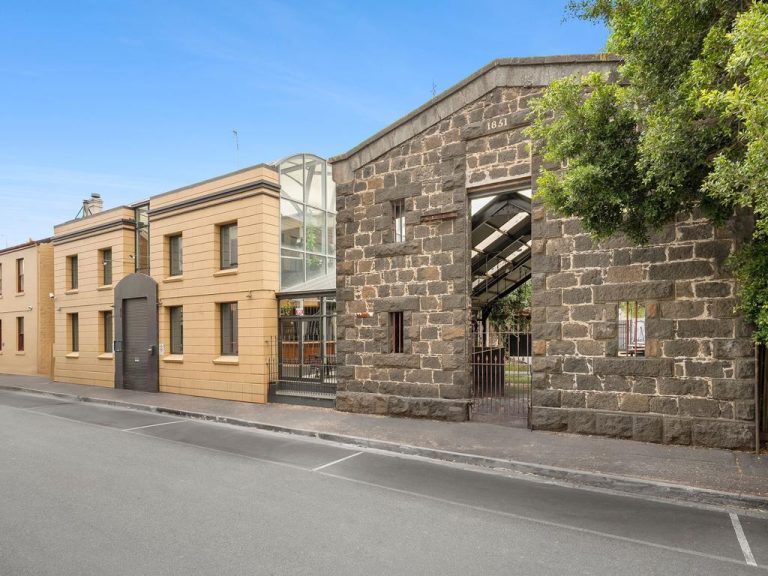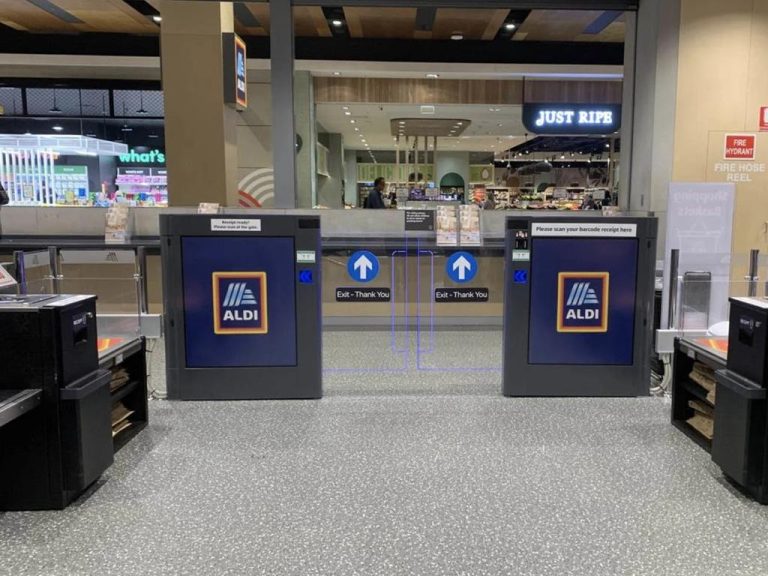Builders hammered by skilled labour squeeze

Construction companies are being forced to outsource jobs to deliver on projects.
A lack of skilled workers has contributed to pushing up build costs in the heated construction environment as two years of stalled migration starts to weigh heavily on the industry.
Australia is currently experiencing a record low unemployment rate of 4 per cent after two years of stalled migration due to the pandemic. The number of migrants in Australia fell from 7.65m in 2020 to 7.5m now, representing 29.1 per cent of the population.
Over the same period, stimulus and cheap credit caused construction activity in both the residential and commercial sectors to take off.
Brisbane-based project management consultancy Bluebird has benefited from large development companies struggling to source staff, with many turning to their “outsourced” model to get work done.
Bluebird co-founders Claire O’Rourke and Riye Arai-Coupe said the combination of significant limitations in talent, and a highly competitive and more transient labour market is causing real workforce pressures, with workers being lured away by competitive salaries.
“The property market has been in recovery mode for a while now, but one of the effects of the high levels of demand has been a shortage of labour supply to deliver the projects,” Ms O’Rourke said.
“The boom in construction activity and unemployment at 4 per cent, it’s hard to find good people and companies are spending months trying to fill vacant roles. So, we are seeing a trend towards outsourcing jobs to external companies, like our company Bluebird, who can fill the short-term resource gap.”
Ms Arai-Coupe added: “We find our clients are much more efficient as well – through outsourcing they are able to leverage more time and expertise and can better focus on their core business interests.”
Median salary in the property industry was increasing by 4 per cent through March, according to the latest Avdiev Property Industry Remuneration Report, which was double the same time last year. Three in five of the companies surveyed reported staff or skills shortages had influenced pay increases with a third expecting staff attraction, retention and shortages to be their biggest challenge over the coming year.
With two years of experience in the executive recruiting and property manager space, Ineke McMahon believes the property and construction industry is facing one of its most challenging skill shortages.
“This quarter has seen access to good quality candidates get harder and harder” Ms McMahon said.
“I have had record times to shortlist roles – roles that used to take me four days to shortlist are now taking up to six weeks to find the right talent.”
The issue of attracting migration should be top of the government’s priority list coming out of the pandemic, Property Council of Australia chief executive Ken Morrison said.
The body’s latest ANZ/Property Council’s industry survey found forward work and staffing expectations lifted through the March quarter, particularly in South Australia and Western Australia. “We would encourage the government to renormalise our migration, not just targeted skilled migration, but overall migration levels as fast as possible,” it says.
The sentiment was echoed by Australian Chamber of Commerce chief executive Andrew McKellar, who last month strongly backed a stronger permanent residency program to help lure skilled workers to Australia as has been rolled out in Canada and the UK.
Ms McMahon said this period would be the wake-up call for organisations to invest in engagement with their staff.
“People are tired and disengaged after the pandemic,” she said.
“The great resignation is definitely coming, so employers need to ensure that their staff feel looked after and invested in.”







